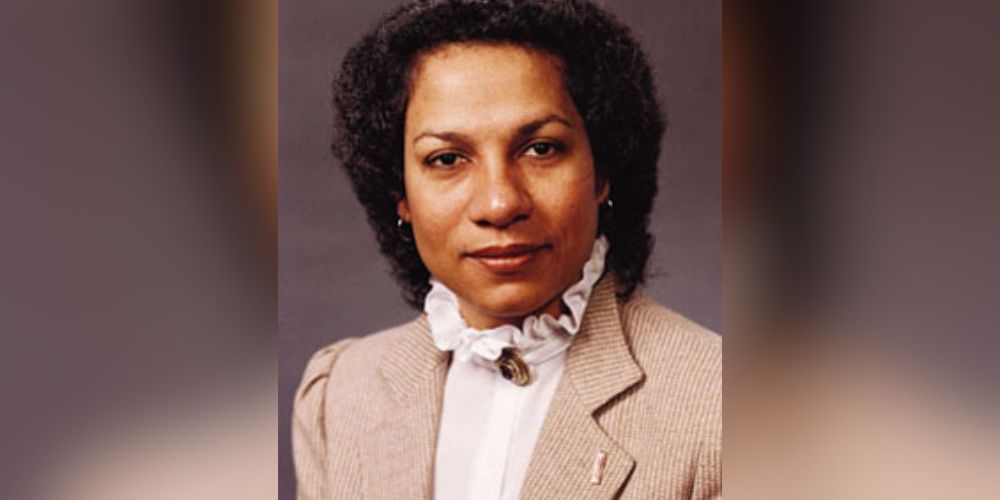Anne Clare Cools: Canada’s First Black Senator

Anne Clare Cools, born in Barbados in 1943, is a remarkable figure in Canadian history. Her impact spans social work, politics, and advocacy.
Creating a lasting legacy of breaking barriers and fighting for social justice, Anne Cools was the first Black Canadian to be appointed to the Senate.
Early Life
Anne Cools was born in Barbados to Rosita Gordon Miller and Lucius Unique Cools. One of six children, she attended Ursuline Convent School, Miss Ribbit's School, and Queen’s College Girls School in Barbados.
In school she spent much of her time alone, studying and learning about childhood heroes like William Wilberforce.
In 1957 Cools’ family moved to Canada. Here she attended Thomas D’Arcy McGee High School in Montreal and in 1981, she graduated from McGill University with a psychology and sociology degree.
A Family That Broke Barriers
Cools was not the first in her family to find success in advocacy and politics. Her uncle, Frederick Edward Miller held positions in Barbados cabinet before the island gained independence. His daughter Billie, was the first woman to sit on cabinet and become a barrister.
A Champion for the Vulnerable
Before embarking on her political career, Cools was a social worker who dedicated herself to the vulnerable. Recognizing the need to support women experiencing domestic violence, in 1974, she established "Women in Transition.” This was one of the first shelters in Canada offering refuge and critical resources.
This act of compassion laid the groundwork for future domestic violence shelters across the nation.
Breaking Ground in the Senate
In 1984, Anne Clare Cools shattered glass ceilings by becoming the first Black Canadian senator. (She was also the first Black female senator in North America.) This appointment marked a significant moment for representation and diversity in Canadian politics.
During her 34+ years as a member of the Senate, she earned respect for her vast knowledge of parliamentary procedures and her unwavering commitment to democratic principles.
An Advocate for Justice
Cools' advocacy extended beyond the Senate walls. Her participation in the National Parole Board of Canada ensured fair representation and highlighted her commitment to justice.
While her life stands as an inspiration, demonstrating the potential for individual action to create positive change, Cools' journey was not without obstacles. In 2007, she faced expulsion from the Conservative party group after raising concerns about inappropriate conduct.
Despite her challenges, Cools' legacy remains one of significant achievement.
She paved the way for future generations, inspiring countless individuals to pursue their goals and fight for a more just and equitable society. Her name is permanently etched in Canadian history, serving as a constant reminder of the power of determination and the importance of fighting for what is right.
Beat FOMO by being in the know!
Sign up for our newsletter today and never miss a beat.







